
William Abbot or Abbott was an English actor, and a theatrical manager, both in England and the United States.
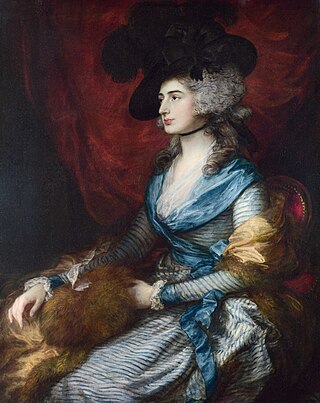
Sarah Siddons was a Welsh actress, the best-known tragedienne of the 18th century. Contemporaneous critic William Hazlitt dubbed Siddons as "tragedy personified".
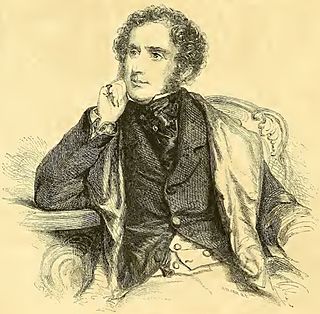
James William Wallack, commonly referred to as J. W. Wallack, was an Anglo-American actor and manager, born in London, and brother of Henry John Wallack.

William Charles Macready was an English stage actor. The son of Irish actor-manager William Macready the Elder he emerged as a leading West End performer during the Regency era.

Charles Kemble was a Welsh-born English actor of a prominent theatre family.
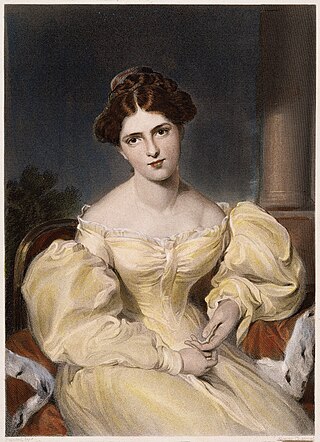
Frances Anne "Fanny" Kemble was a British actress from a theatre family in the early and mid-19th century. She was a well-known and popular writer and abolitionist whose published works included plays, poetry, eleven volumes of memoirs, travel writing, and works about the theatre.
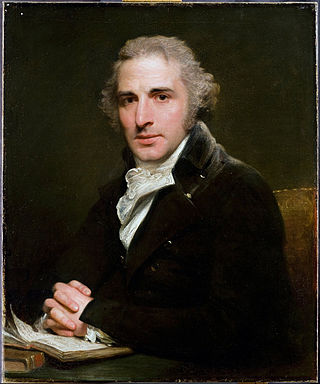
John Philip Kemble was a British actor. He was born into a theatrical family as the eldest son of Roger Kemble, actor-manager of a touring troupe. His elder sister Sarah Siddons achieved fame with him on the stage of the Theatre Royal, Drury Lane. His other siblings, Charles Kemble, Stephen Kemble, Ann Hatton, and Elizabeth Whitlock, also enjoyed success on the stage.
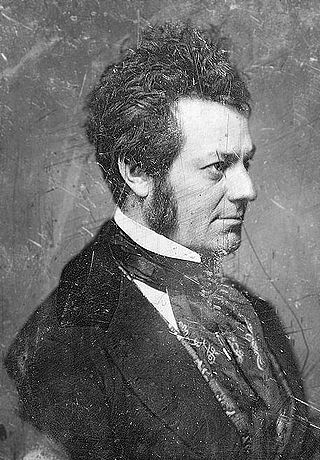
Edwin Forrest was a prominent nineteenth-century American Shakespearean actor. His feud with the British actor William Macready was the cause of the deadly Astor Place Riot of 1849.
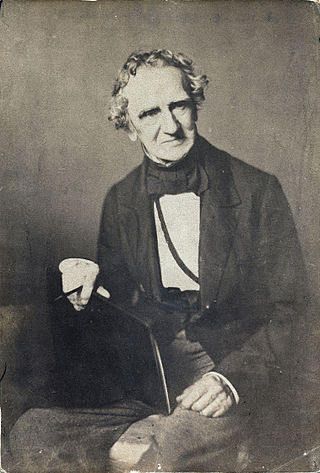
Thomas Sully was an American portrait painter in the United States. Born in Great Britain, he lived most of his life in Philadelphia, Pennsylvania. He painted in the style of Thomas Lawrence. His subjects included national political leaders such as United States presidents: Thomas Jefferson, John Quincy Adams, and Andrew Jackson, Revolutionary War hero General Marquis de Lafayette, and many leading musicians and composers. In addition to portraits of wealthy patrons, he painted landscapes and historical pieces such as the 1819 The Passage of the Delaware. His work was adapted for use on United States coinage.
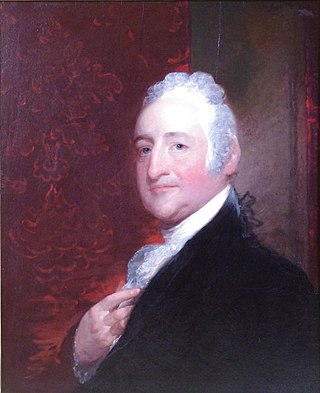
George Frederick Cooke was an English actor. As famous for his erratic habits as for his acting, he was largely responsible for initiating the romantic style in acting that was later made famous by Edmund Kean.
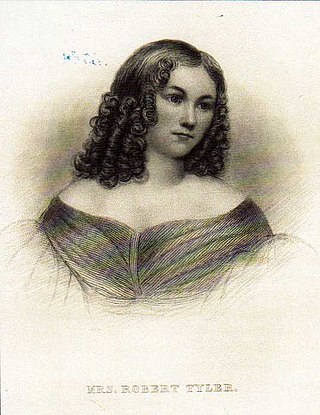
Elizabeth Priscilla Cooper Tyler was the official White House hostess and first lady of the United States from 1841 to 1844. She was the daughter-in-law of then-president John Tyler through her marriage to his son Robert Tyler. She took effective responsibility of the first lady's responsibilities at the beginning of the Tyler administration, working in the stead of her mother-in-law first lady Letitia Christian Tyler, who was too ill to do so herself. After Letitia Tyler's death in September 1842, Priscilla Tyler was effectively the first lady, overseeing social affairs in the White House.

Elizabeth Crocker Bowers was an American stage actress and theatrical manager. She was also known professionally as Mrs. D. P. Bowers.
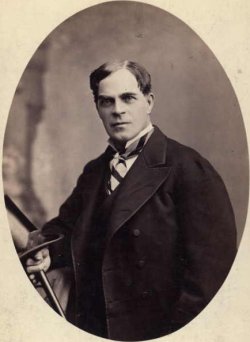
Barry Sullivan, was an acclaimed stage actor who played many classical parts in England, Australia and America.
William Warren (born Bath, Somerset, 10 May 1767; died Baltimore, MD, United States, 19 October 1832, was an actor, comedian, and theater manager. His first appearance was as Young Norval in Home's tragedy of Douglas. He also performed in Yorkshire. As Trueman in George Barnwell, as Hastings in She Stoops to conquer, as a pilgrim in King Richard, Mirvan in Orphan of China and First Scholar in The Padlock at Leeds theatre. Soon afterward, Warren came to the United States, making his debut at Baltimore, Maryland, as Friar Lawrence in Romeo and Juliet. In 1805 he went to England, as agent for the Philadelphia Theatre, to recruit a company of comedians.
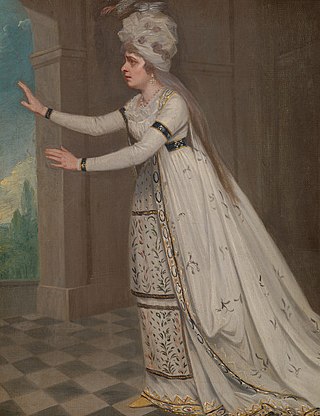
Ann Brunton Merry was an English actress popular in the United Kingdom and later America.

Daniel Edward Bandmann was an internationally known German-born American Shakespearean actor who after retiring from the stage became a noted Montana rancher and pomologist.

Joseph George Holman (1764–1817) was an English actor, dramatist and actor-manager.

Town and Country, or Which is Best? is an 1807 play by English playwright Thomas Morton. It was regularly performed in England and America during the 19th century.
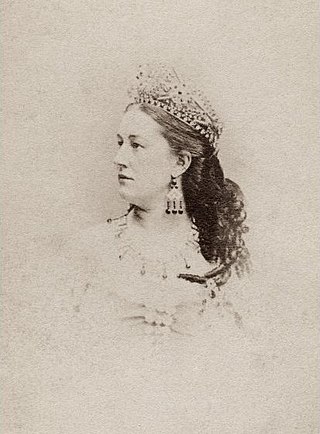
Jean Haskell Hosmer was an American actress and tragedienne who reached the zenith of her career directly following the American Civil War, and is associated through her career with actor and Lincoln assassin John Wilkes Booth along his brother Edwin Booth.
Laurence Clinch (c1740-1812) was an Irish actor, familiarly known as Larry, and accomplished in both tragedy and comedy. The popular farce St Patrick's Day was written and performed to showcase his particular talent.


















